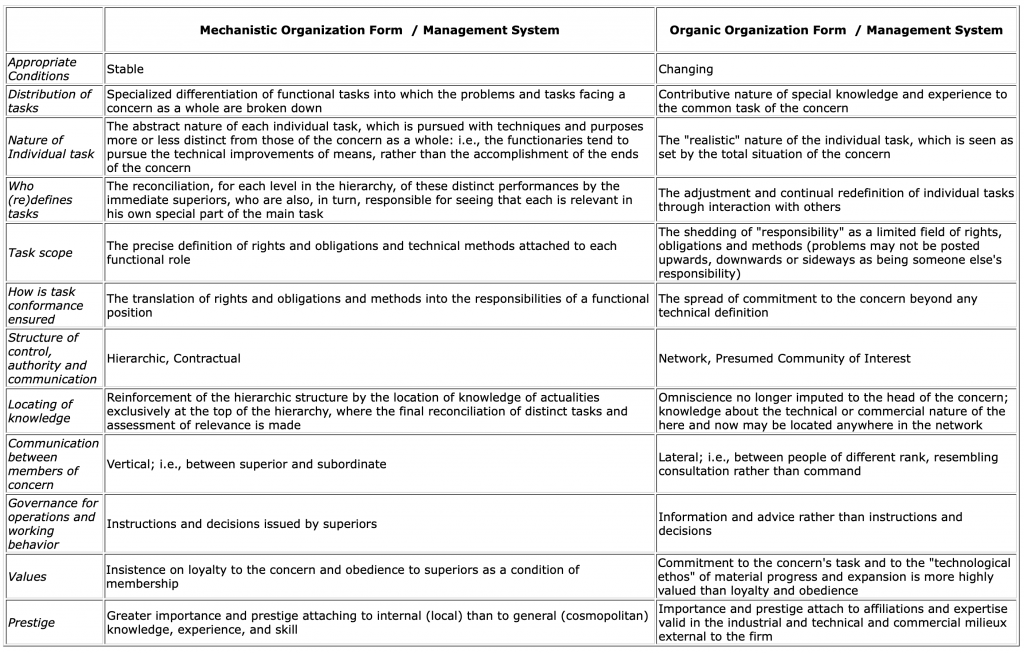In the last century an awful lot of management and leadership advices appeared focussing on a modern way of organizing a company and on how a leader should behave. In the VUCA world (volatile, uncertain, complex, ambigous) organizations should be flat and decision making distributed to the employees and teams. The manager role was stripped from the leadership and leaders should now support the employees to perform at their best being totally self motivated. Leaders themselves should give them a reason with the question of “why” and shine like a star on dark nights horizon to inspire for the glory of the company good.
Agile methods and organizations were pushed further into the architecture of companies, lean management got it’s revival and beyond that in Europe the new work movement is expanding. Quite often messages proclaiming the change of an era (3rd or 4th industrial revolution – depending on the author) is happening and companies have to be rethought.
But is it all that new? In “The Management of Innovation” the authors Tom Burns and George M. Stalker from 1961(!) describe the two extremes of an organization – the mechanistic system and the organic system. The mechanistic system is inflexible and can’t adapt to change of the environment but is stable and specialized very good at getting things done. The organic organization adapts easily but is also more unstable. Their hypothesis was that “as soon as novelty and unknown in the markets and in technology disappear a different management system is needed”. In other words organisations and management need to adapt as soon as the market situation changes and innovative companies need a different setting than companies delivering commodity. Here is a list of characteristics of the systems:

Notice something? In 1961 long before the internet, VUCA and digitalization science defined which features of a modern innovative company is required to have. In other words the style of management and leadership is depending on the companies situation and environment it wants to succeed in. For stable markets with commodity products the focus on a mechanistic system helps to be efficient and functioning. For fast and dynamic markets the features of organic systems as organizational models and management style help to be successful.
End of story? No. Because the original research has been done with 20 industry companies in the Britain. Despite the low amount of companies and the focus on a specific field of business the times also changed. People changed. Why not experiment with the parameters and create something new?
1https://www.valuebasedmanagement.net/methods_burns_mechanistic_organic_systems.html


